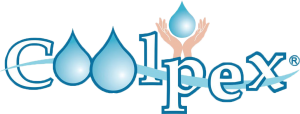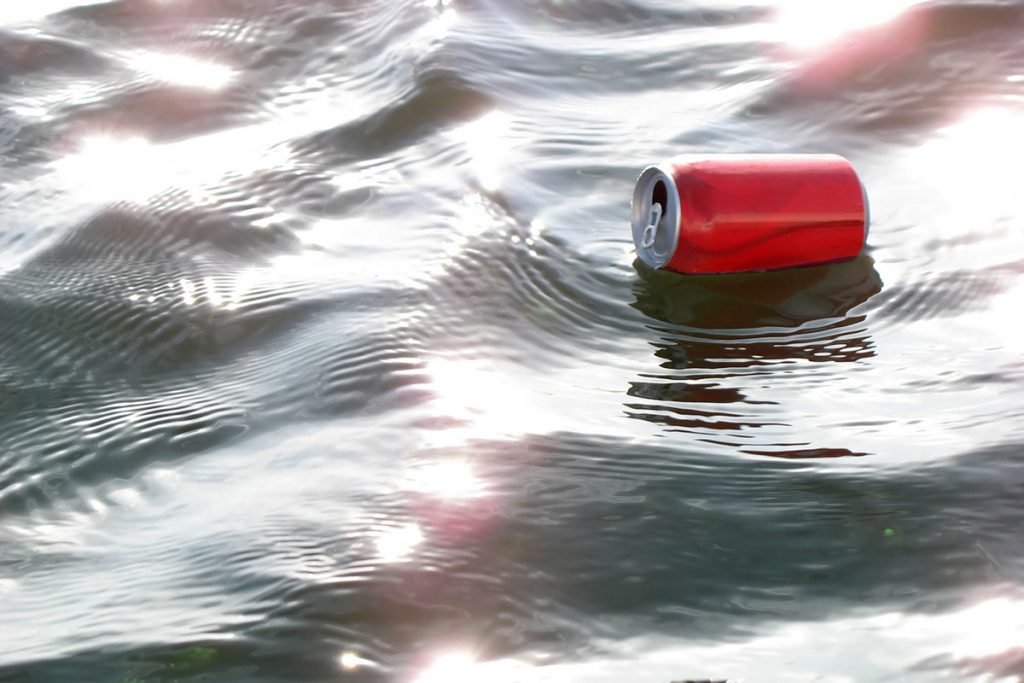Water pollution is one of the most concerning issues across the globe. Not only it is affecting the lives of millions but also jeopardizing the ecosystem. Its high time that we stop preaching and start practicing measures to reduce the water pollution for a better today and a sustainable tomorrow.
Proper Garbage Disposal
When garbage is not dumbed properly some of the non-degradable products such as diapers and sanitary towels can affect the process of sewage treatment, especially when they are flushed down the toilet. At times, the careless disposal of solid non-degradable materials such as plastics can litter the banks of rivers and beaches.
Avoiding direct disposal of trash into water systems
By all means possible, we should refrain from dumping litter or any other waste products into lakes, rivers, or oceans. Still, you can take the measures to refine your local water body whenever you notice rubbish littering the beaches or banks.
Water Conservation
Water conservation plays an integral role in reducing water pollution by conserving water. You can achieve this by making sure that taps are always turned off when they are not in use. The more the water is conserved the lesser the amount of contaminated water that needs to be treated.
Usage of environmentally safe products
Whenever you purchase household products such as cleaning material, medical supplies, paints, insect/ant repellants, or chemical substances; always prefer using products that are less harmful to the environment.
Planting Trees
Planting trees minimize the speed of surface water runoff and lessens erosion and prevent harmful substances and chemicals from entering water systems.
Minimized use of pesticides and chemical fertilizers
When pesticides and fertilizers are used in excess amounts. It can lead to water pollution as the chemicals present in the products can infiltrate into the water system through surface runoff or soil infiltration. Reducing their usage can significantly reduce water pollution.
Proper sewage treatment and management
Proper sewage treatment is needed to limit the number of toxic substances that normally end up in water systems such as lakes, rivers, and oceans. Also, individual homes that use septic tanks or cellar drains need to ensure proper management of their home sewage to avoid pollution.
Avoiding disposal of Household Items into Toilet
Abstain from dumping household items, such as clothes, dental floss, or wrappers, into the toilet. These items don’t break down into water pipes and end up polluting the water system.
Cleaning Up the trash
If you see someone dumping rubbish into the water, refrain them from doing so. If you see litter on the floor, pick it up and put it in a public dustbin or put it in a bag and throw it away when you reach home. All of us can take this initiative for a healthy environment.
Usage of Less Plastic
It is elusive to break down plastic after it is produced. Most of the plastic we use ends up in the world’s water supply, where it is even difficult to filter out. By using less plastic items. We can not only control water pollution but also make way for a safe environment.

